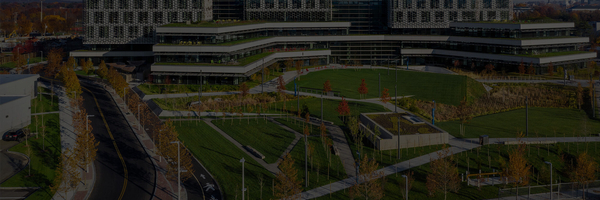
 Harvard Grid Accelerator
Harvard Grid Accelerator
Realizing the Full Potential of Harvard’s Promising Physical Science Research
Bridging the technology development gap
New technologies arising from university research are typically at a very early stage of development with unclear market potential. As a result, companies and venture capitalists consider many of these promising, yet not fully validated ideas, as being too early for partnering and investment. Harvard's Grid Accelerator provides not only the essential gap funding, but also the business expertise to help faculty navigate the complex path from concept to commercialization.
The objectives of the Grid Accelerator are as follows:
- To accelerate the development of nascent inventions conceived by Harvard faculty in the physical sciences and engineering
- To maximize the value of these promising early-stage technologies for the benefit of the University and society through business formation and job creation
- To educate the next generation of business leaders in technology entrepreneurship
- To connect Harvard’s innovation ecosystem by building internal bridges between Schools and engaging with external industry and investors
2025 Grid Accelerator Grant Awards
Three research projects that address urgent societal challenges — cardiovascular health, rising data demands, and the future of quantum computation — have won awards from the Harvard Grid Accelerator. The 2025 awardees:
Help managing blood pressure
A research team in the lab of Professor Katia Bertoldi — led by postdoctoral students Adel Djellouli and Giovanni Bordiga — is developing a novel soft, stent-like device that could help regulate dangerous spikes in blood pressure. Designed to respond to changes in the vascular system, the device represents a potential solution for patients living with hypertension, who often struggle to manage sudden and unpredictable blood pressure fluctuations.
Redefining data networks
In the lab of Professor Kiyoul Yang, a research team led by postdoctoral student Tianyi Zeng is developing an integrated chip-scale optical circuit switch and amplifier — technology with the potential to increase the speed and efficiency of AI data centers. Not only does this technology push hardware limits at a data center scale, expanding internet traffic capacity and enabling high-performance computing, it also shrinks these capabilities down to a size compatible with tomorrow’s miniaturized devices.
Unlocking scalable quantum processing
Yang’s lab is also collaborating with the lab of Professor Mikhail Lukin on a project that could lay the foundation for quantum computers orders of magnitude more powerful than those in use today. Led by postdoctoral fellows Brandon Grinkemeyer and Shankar Menon, the team is developing advanced optical interconnect technology — ultra-high-bandwidth links that will enable hundreds of separate quantum processors to function as one large, unified machine.
2026 Grid Accelerator Grant Awards
The 2026 Grid Accelerator Awards will provide funding of up to $100,000 per project.
Information on the request for proposals for the 2026 Grid Accelerator Awards will be updated in Spring 2026.
Principal Investigators whose employer is Harvard University are eligible to apply, and projects are welcomed in any area of physical sciences, including (but not limited to) computer science, physics, materials science, engineering, environmental science, and chemistry.
Request for proposals
Information on the Request for Proposals for the 2026 Grid Accelerator Awards will be available in Spring 2026.
Any questions?
